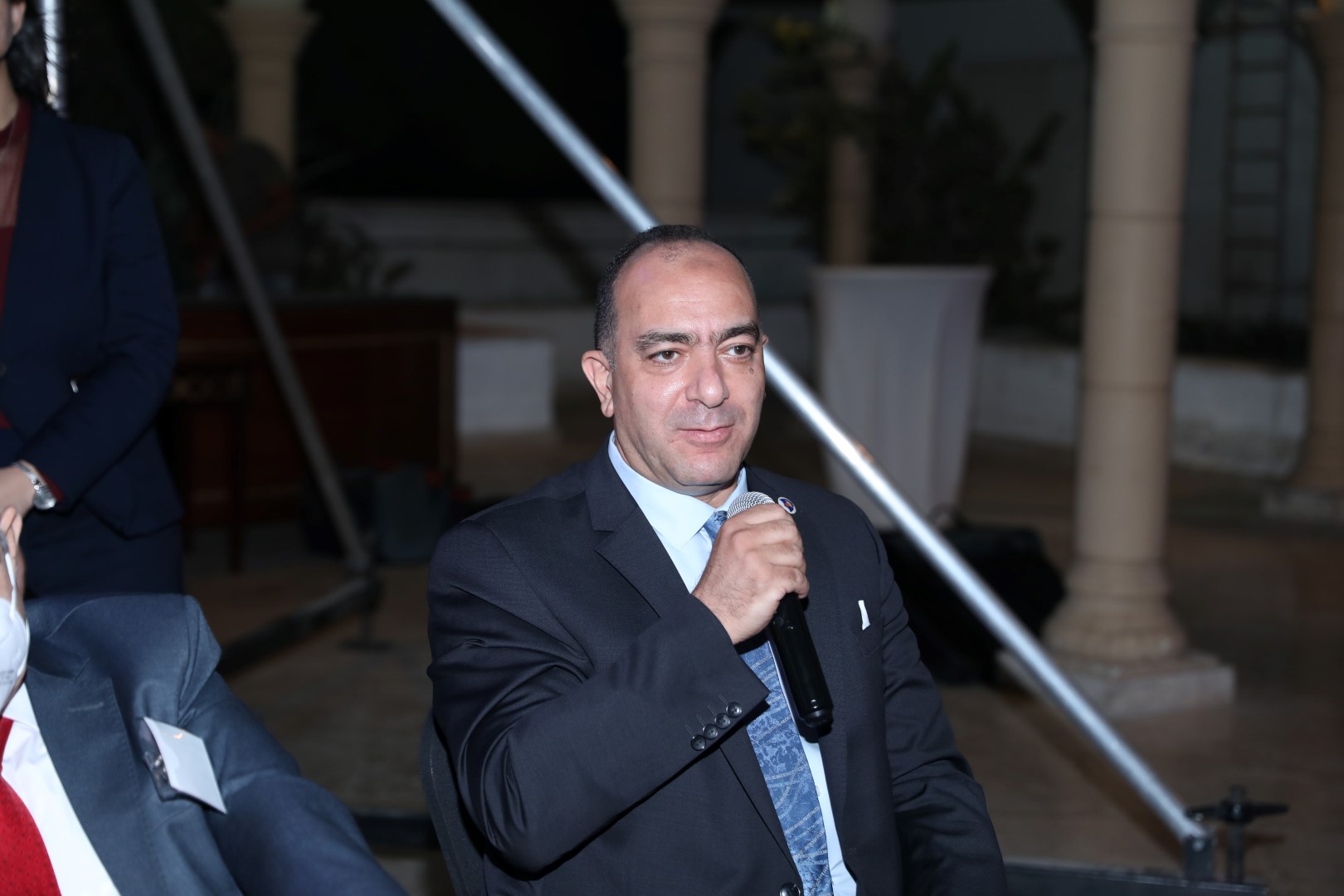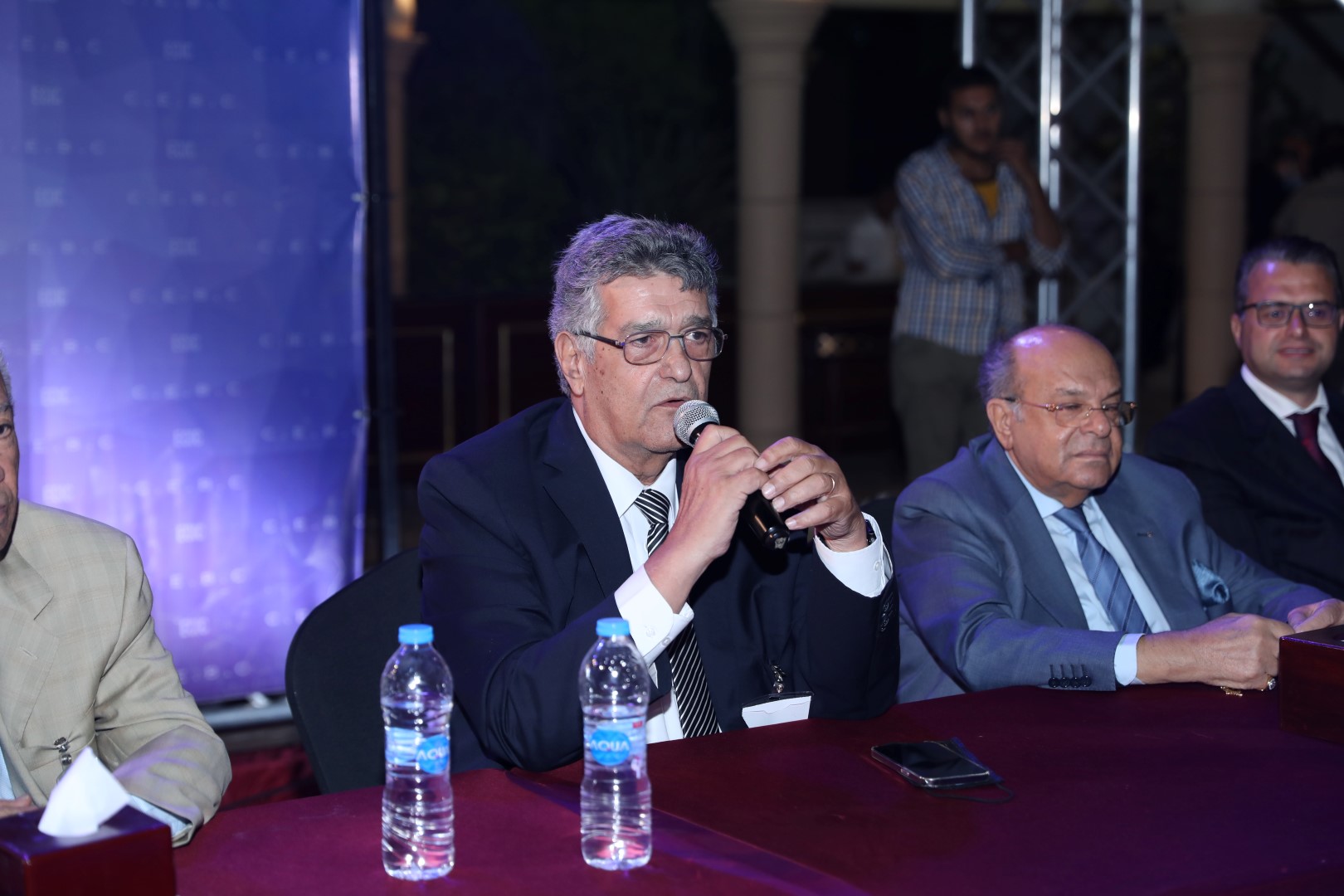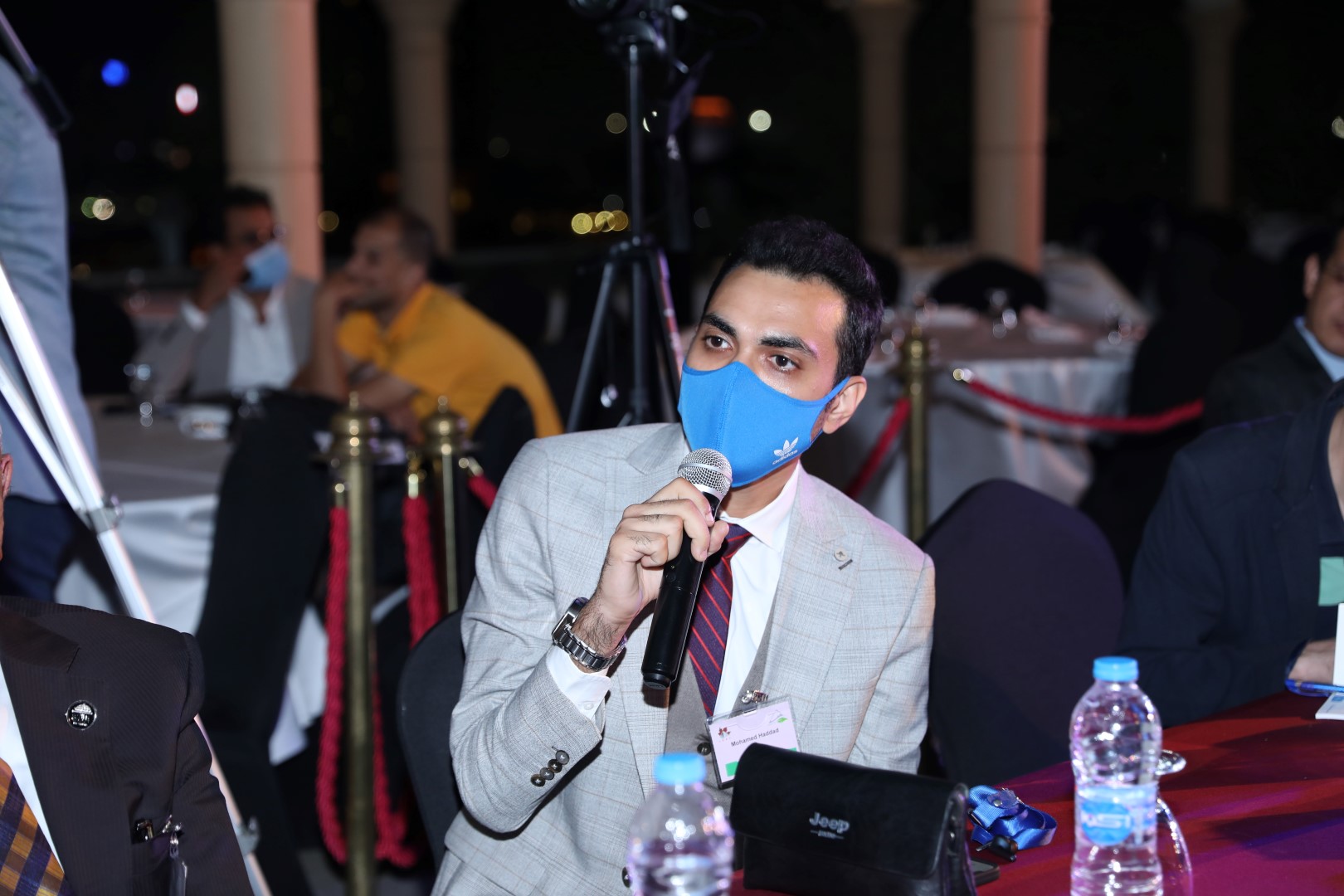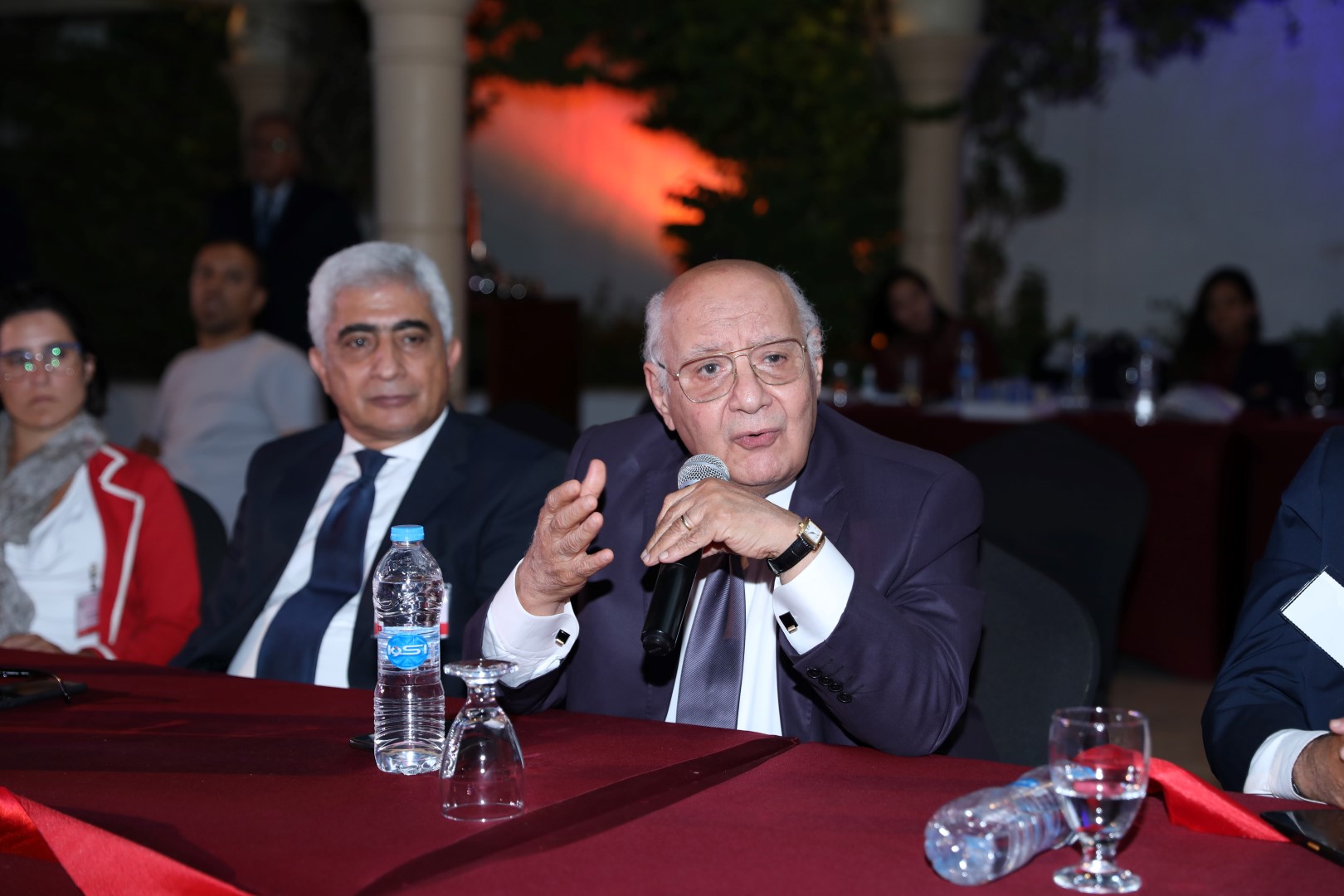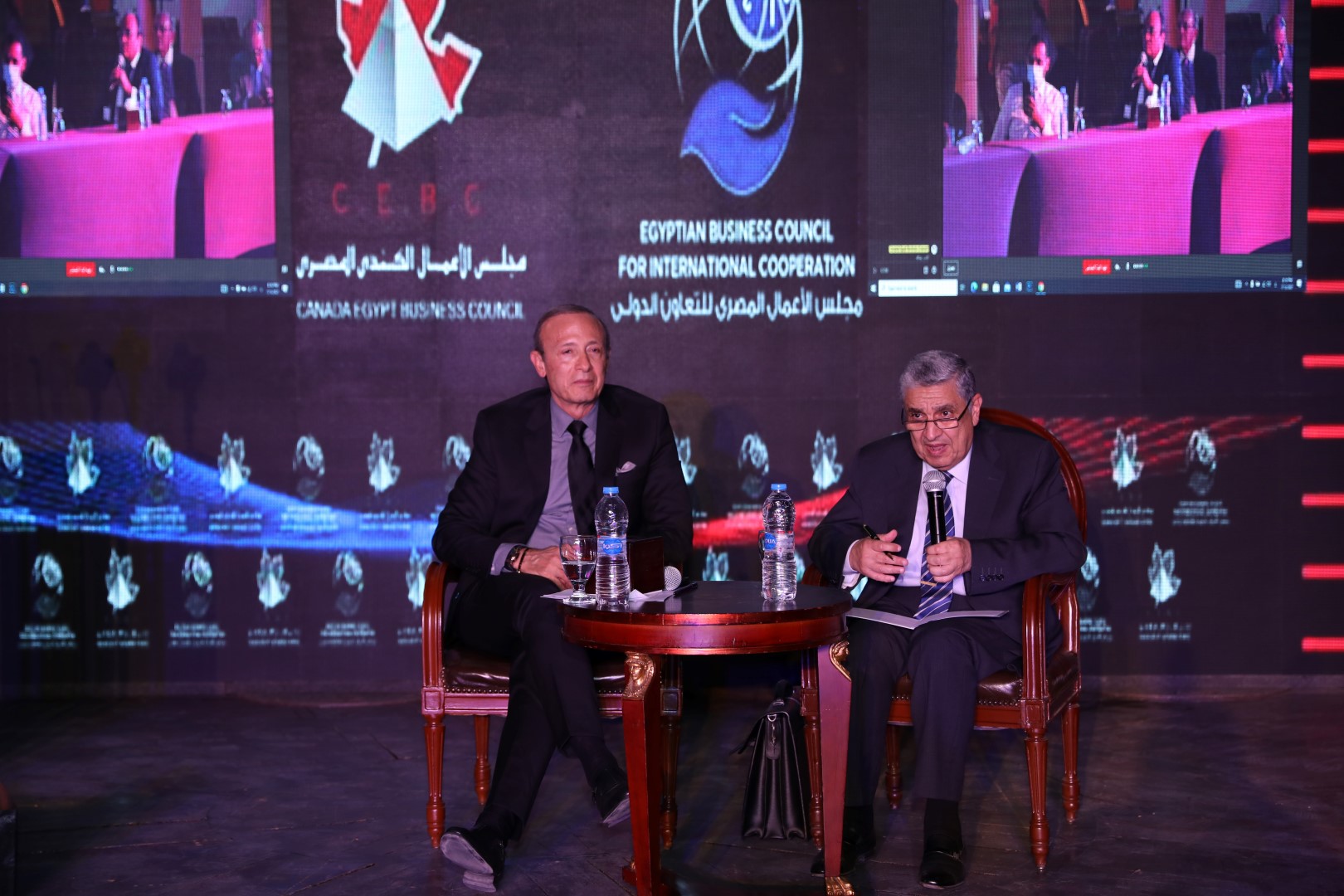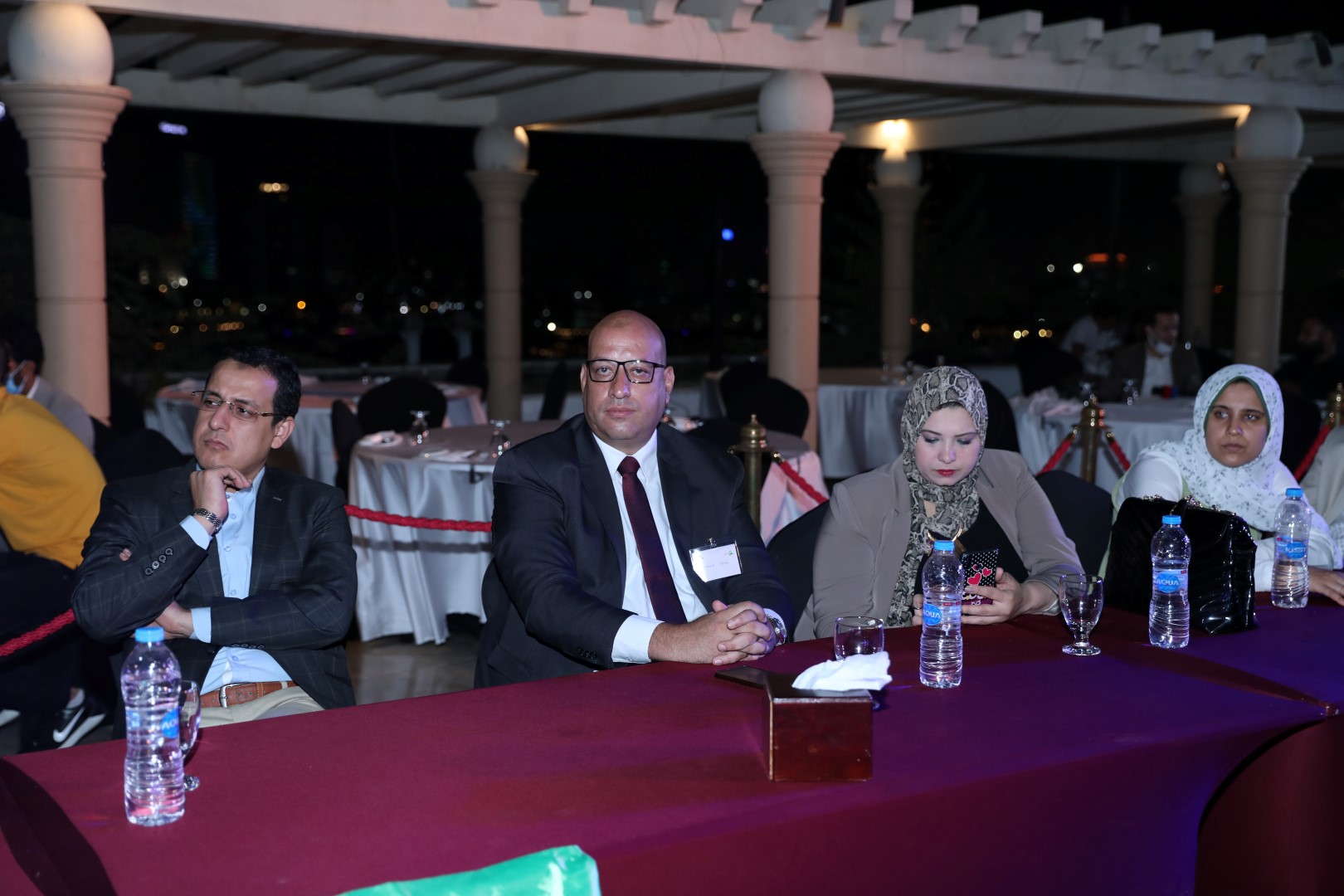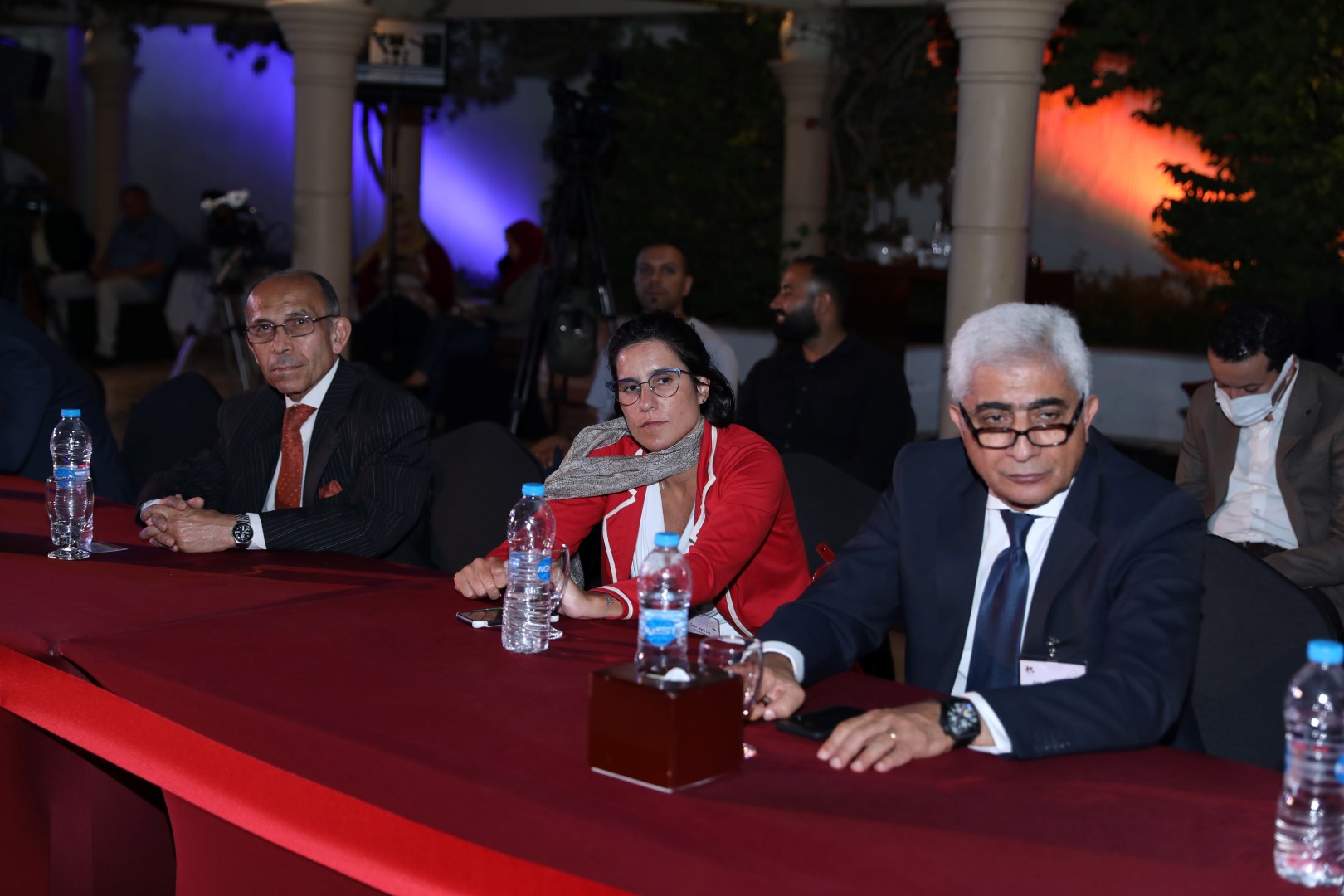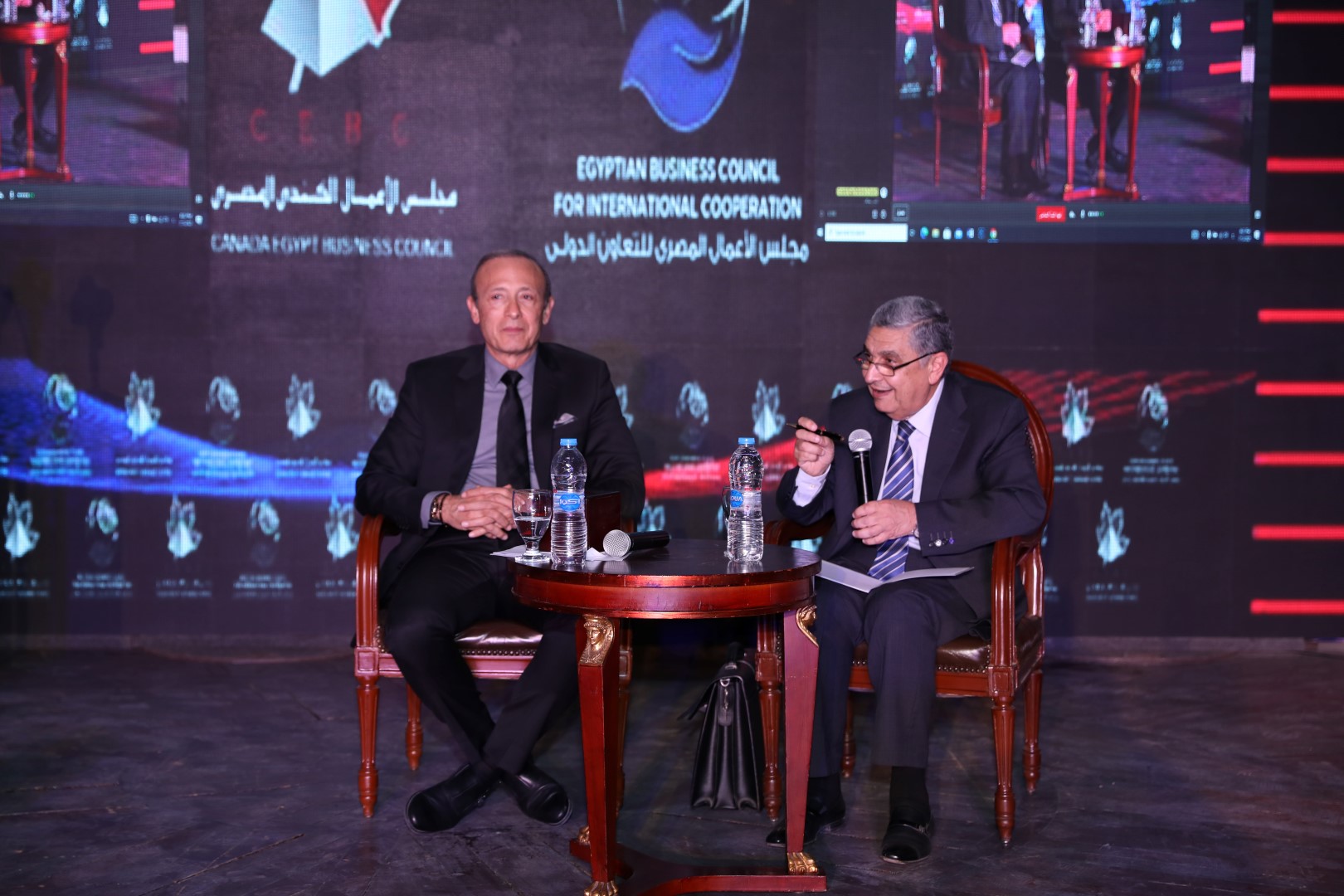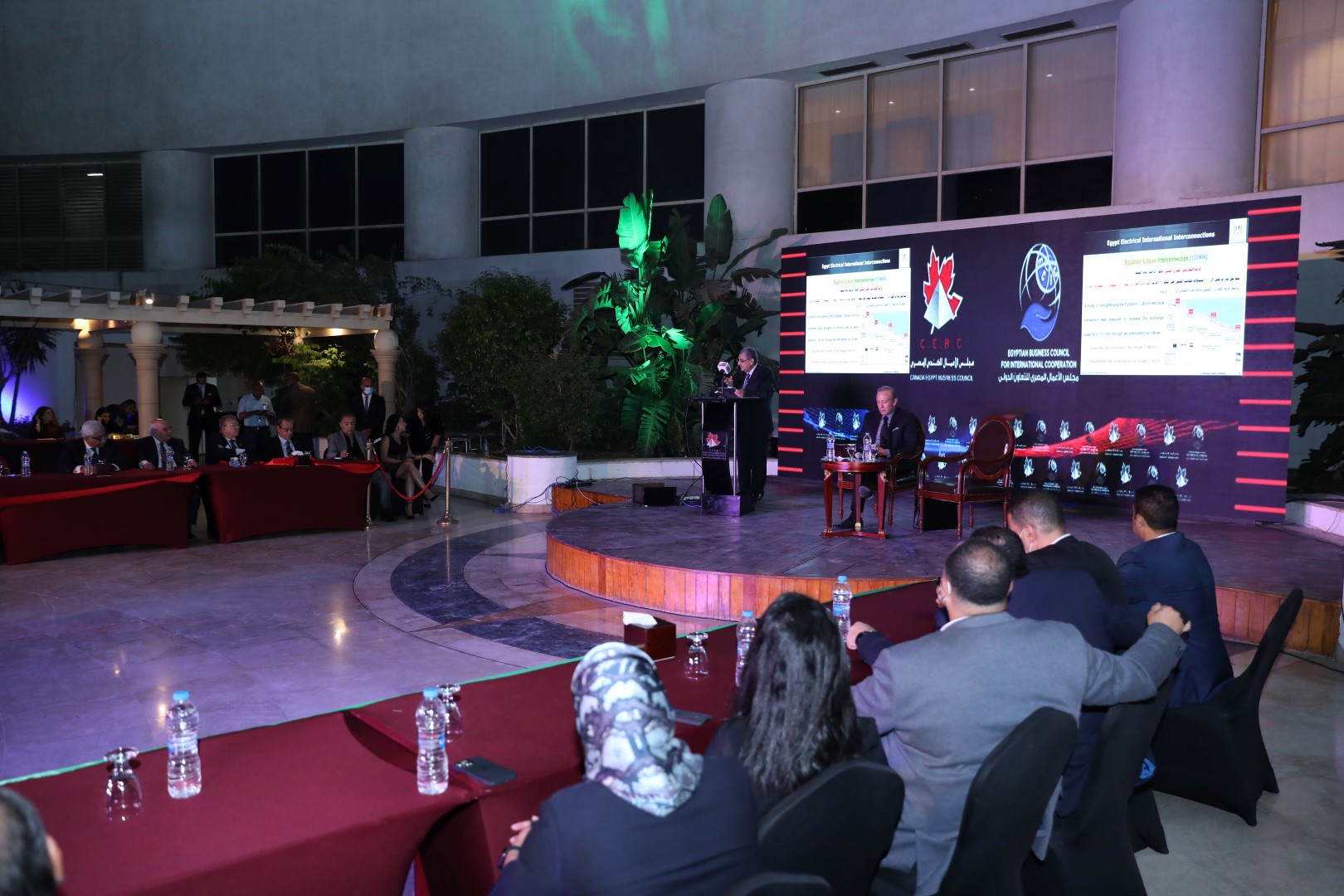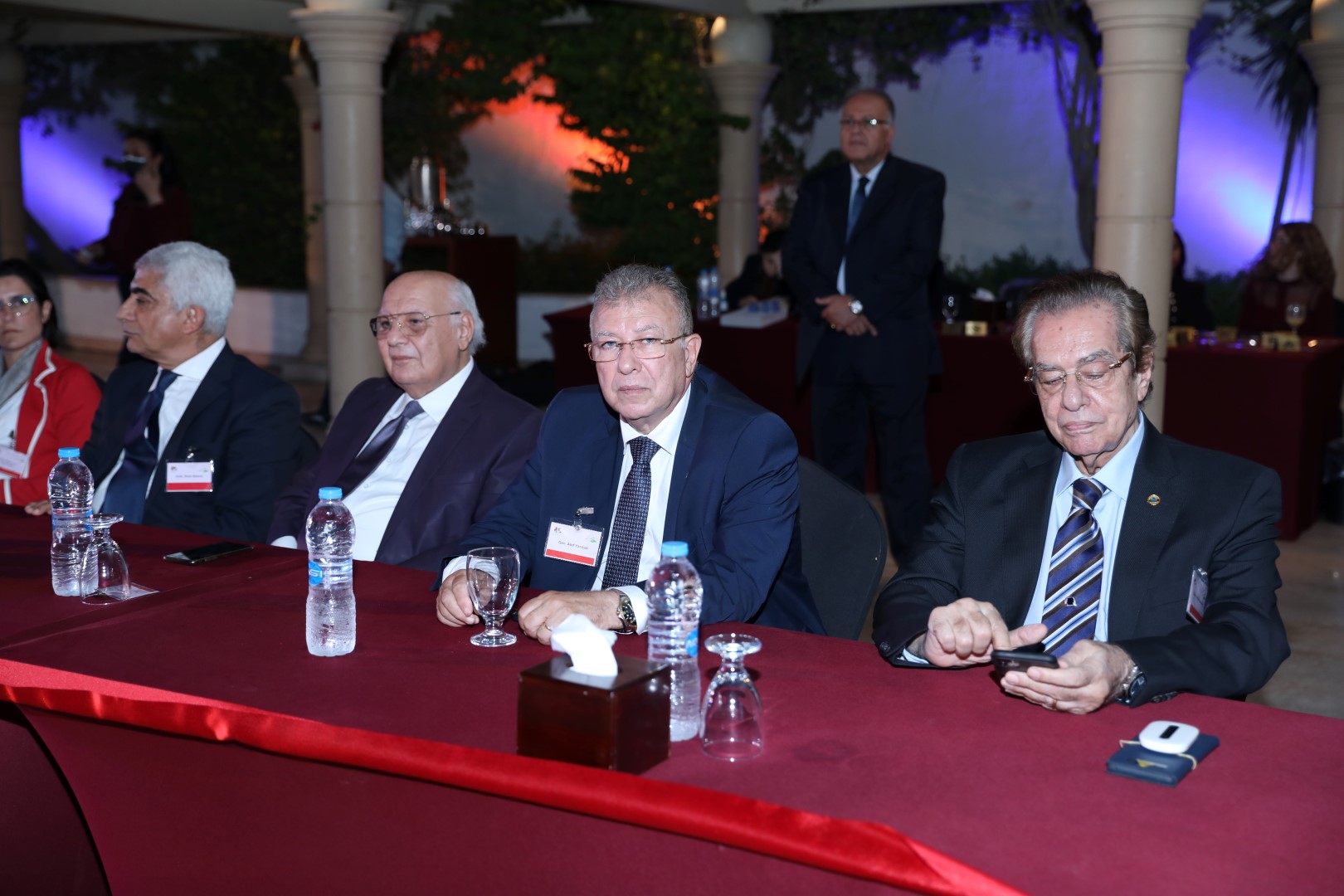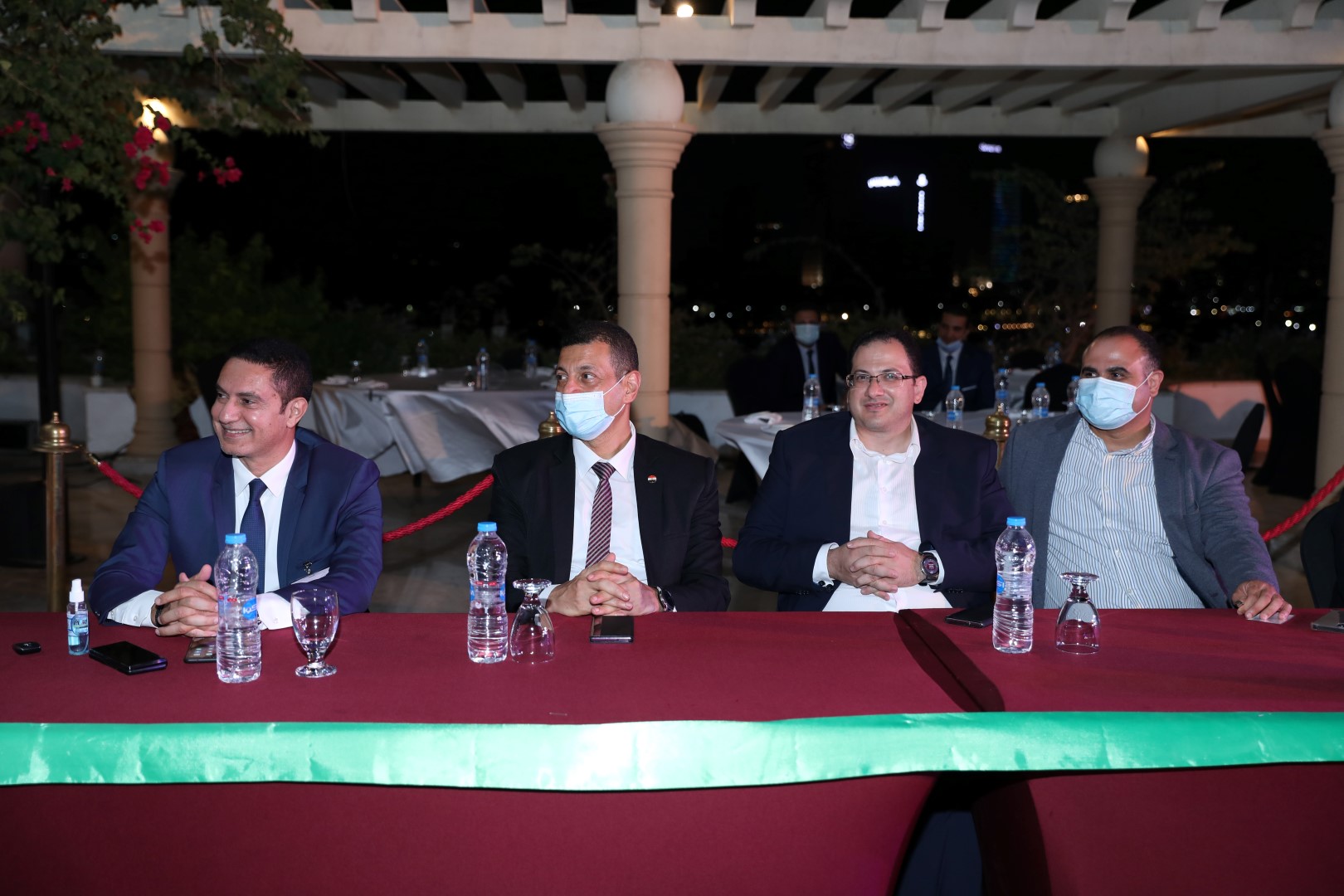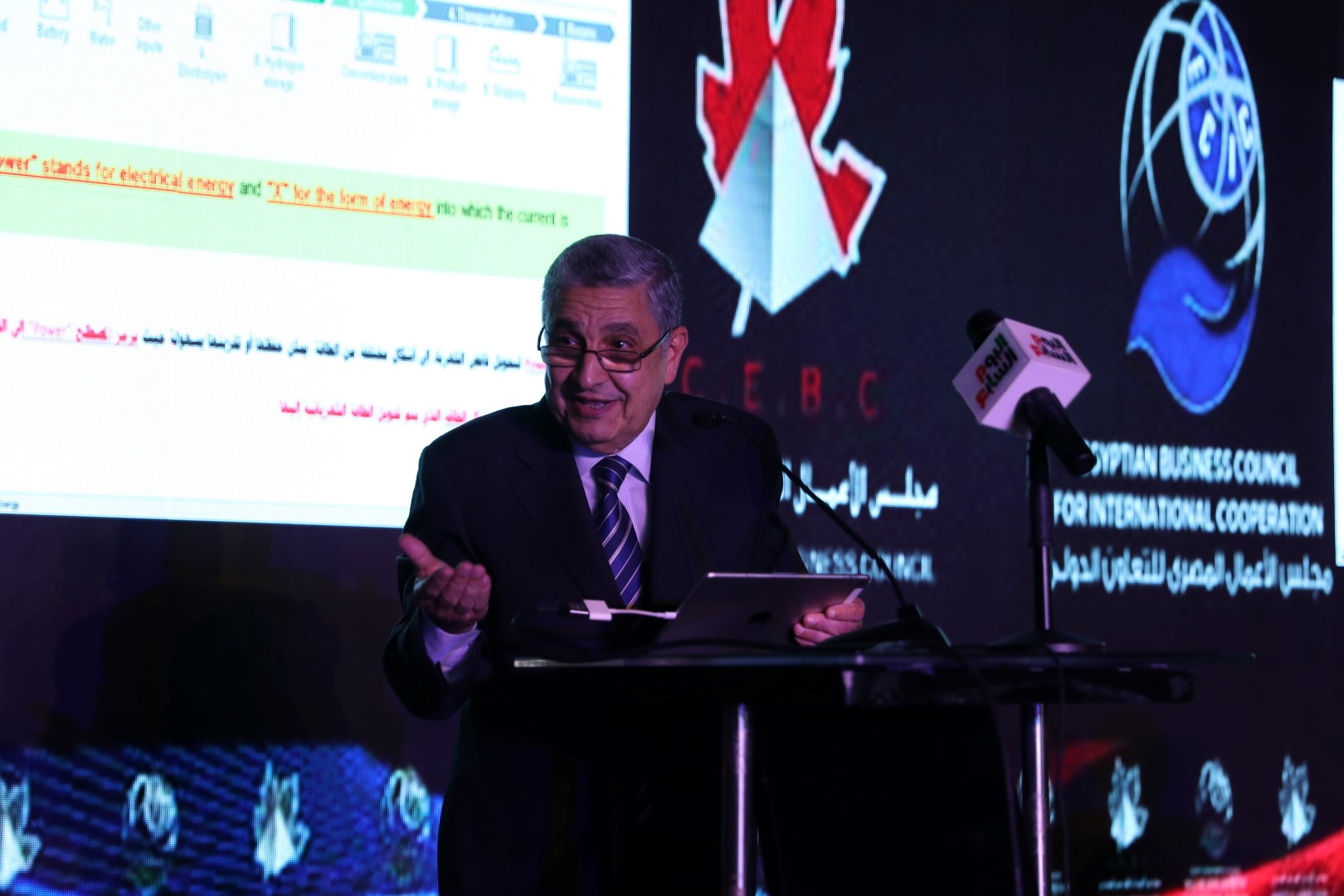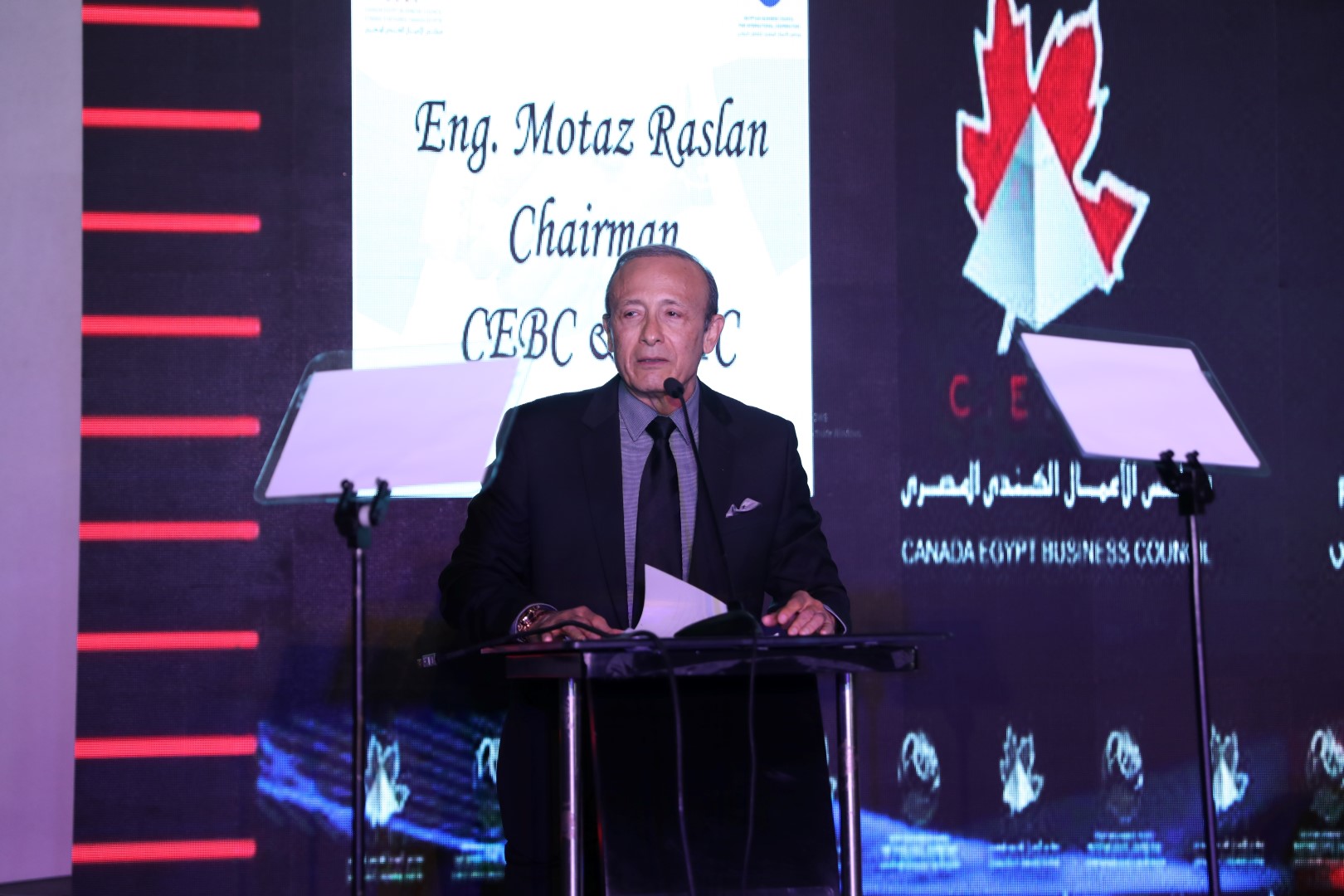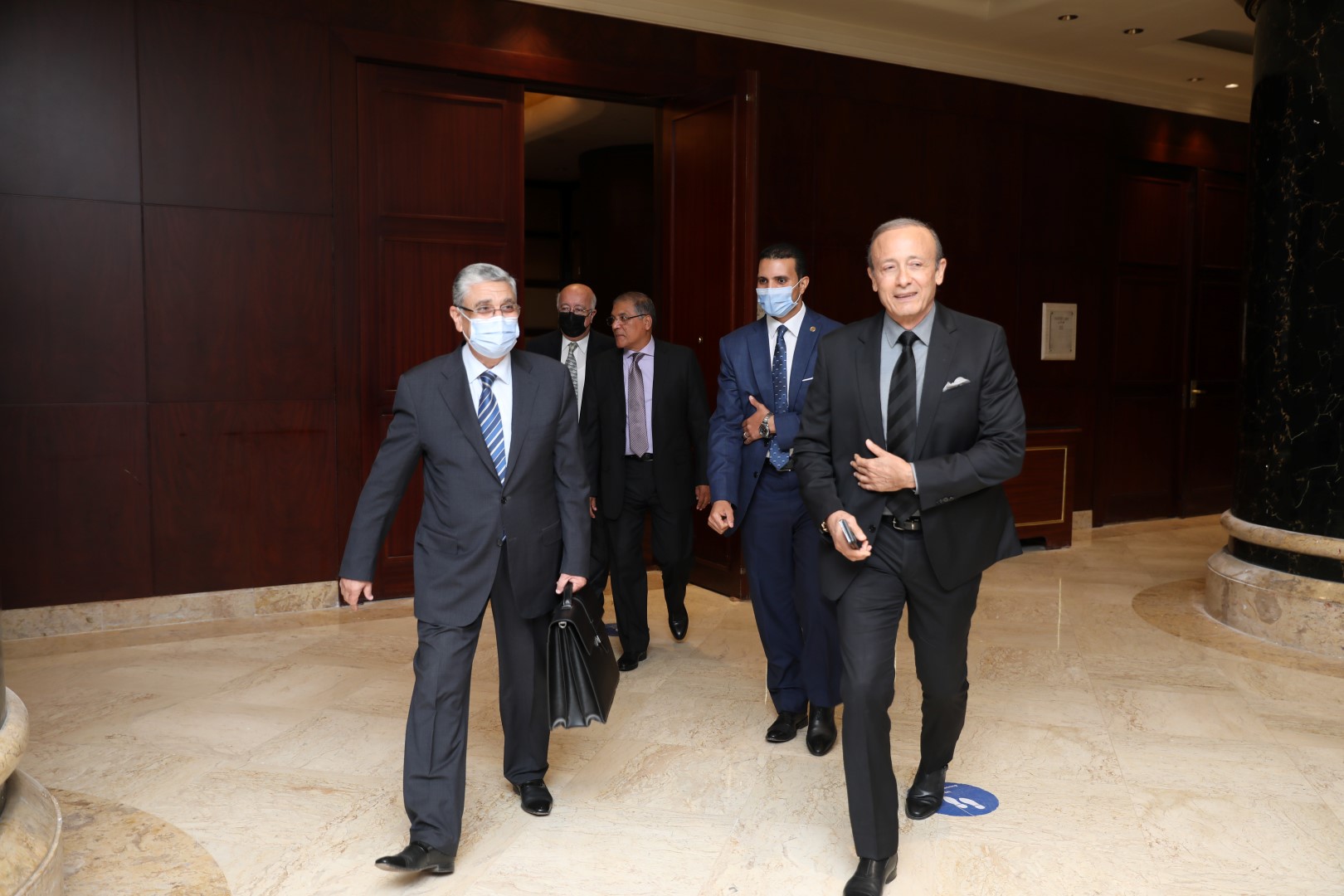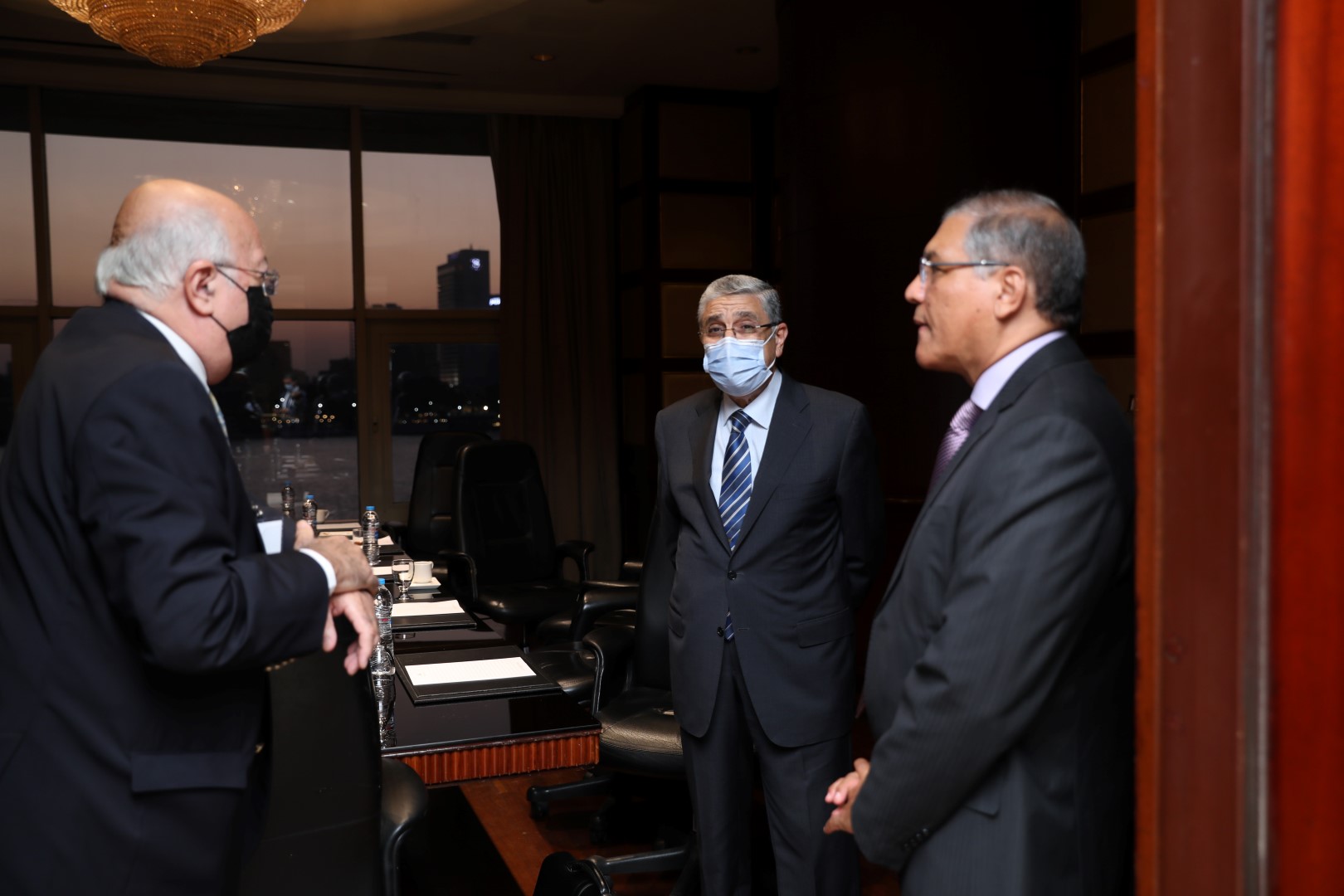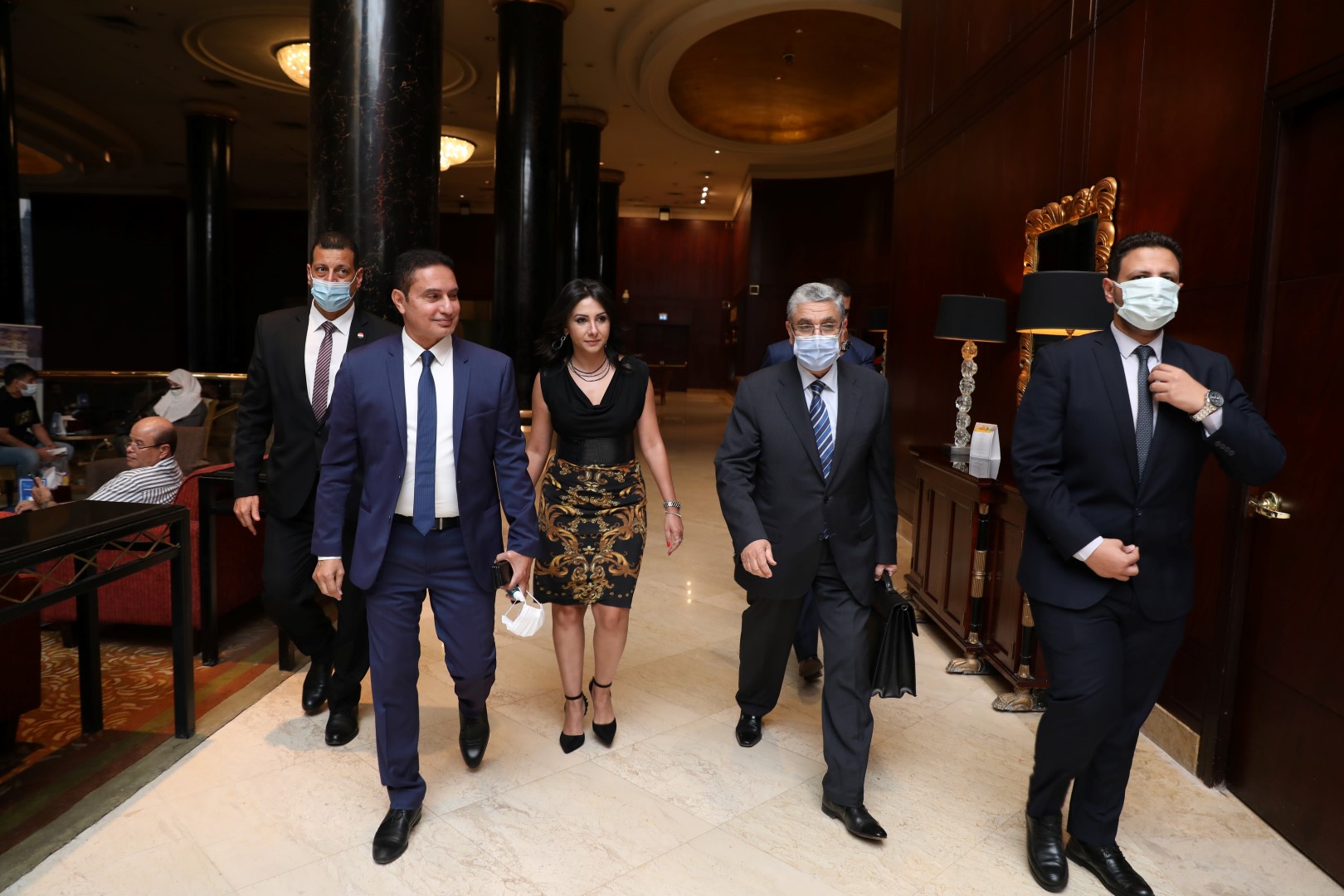
Date
Speaker(s)
Designation
Invitation
Description
Over the past seven years, the electricity and renewable energy sector in Egypt have written a true success story, according to the testimony of many international institutions, as the government’s plans succeeded in transforming the electricity file from scarcity to abundance and ending all crises. The government’s efforts to diversify energy sources continue to secure and meet the country’s needs and support major development plans, through many ambitious projects that contribute to attracting foreign investments and enhance Egypt’s position in the global energy market.
In this symposium, Canada Egypt Business Council and the Egyptian Business Council for International Cooperation had the honor to host H.E. Dr. Mohamed Shaker; Minister of Electricity and Energy discussing the topic “The Electricity Sector in Egypt… from Deficit to Surplus”.
In the opening remarks Eng. Motaz Raslan; on behalf of CEBC & ECIC; was pleased to welcomed our dear distinguished members, guests, ambassadors, the followers of the meeting via online live streaming and his dear friend H.E. Dr. Mohamed Shaker, I see that the “Corona” epidemic is receding, and God’s willing, things will return to normal soon and our meetings will be with the direct attendance of all. Our symposium today comes a few days before the blessed Eid Al-Adha and here I take the opportunity to congratulate you on this happy occasion. With the entry of summer early this year with its scorching weather, there is now a reassurance that there will be no power cuts or a call to reduce the loads, the phrase that used to accompany us day and night before mid-2014, and getting rid of it was a dream. And because hope is not a dream but a way to make the dream come true, we had all the hope and confidence that we would be able to cross all crises and turn challenges and difficulties into opportunities and gains to end the nightmare of power cuts forever. Not only that, but we have turned from deficit to abundance, and the Egyptian electricity sector has become a prominent place on the global energy map.
Our seminar today is the fourth with His Excellency the Minister, Dr. Mohamed Shaker in 7 years, and certainly the difference in the situation of the electricity sector at the first meeting in 2014, and with our meeting today, there is no need to talk about the electricity aches in the past, but let us be proud of today’s achievement; what happened during the past seven years was and will remain a miracle and a true success story. It was praised by many international institutions and international reports, thanks to the presence of an insightful vision, good planning, and ambitious strategies, which saw the issue of securing the country’s electric power needs as a matter of national security and placed it at the forefront of priorities as the main pillar of development in various aspects of life because energy, as we know, is the fuel for progress and prosperity.
Then he continued; let me touch on some facts and figures that testify to the success achieved within a few years, Perhaps the most prominent fruits are the improvement in Egypt’s ranking in the index of access to electricity, to occupy the 77th place in 2020, advancing 68 places from 2015, and we have a reserve of 25% of the generated energy, and electricity was delivered to 99.9% throughout the Republic through the national grid
And that is through the implementation of power generation projects that have entered service with more than 361 billion pounds. Egypt is also actively participating in all regional electrical interconnection projects with neighboring countries, east with Jordan, west with Libya, and south with Sudan. A study is underway to link with Iraq through Jordan in addition to the linkage project with Saudi Arabia. And many other examples of success that would not have been achieved without the strong support of the political leadership for this file.
Then he mentioned that Egypt has huge potential and resources to generate renewable energy, especially from wind and solar energy, which qualifies it to be one of the largest producers of renewable energy in the world, which encouraged the government to create an attractive environment for investment and the entry of the private sector into renewable energy projects.
Finally I think that the opportunity is fully prepared for Egypt to become a regional center To export electricity, we were keen to host H.E. Dr. Mohamad Shaker, Minister of Electricity and Renewable Energy, and we thank him for accepting the invitation despite his many concerns, to share the dialogue with us and tell us about the ministry’s future ambitions and plans then he gave the floor to H.E..
H.E. Dr. Mohamed Shaker; Minister of Electricity and Energy, in his speech, said that from December 2014 until late 2018, the electrical capacity that was introduced into the electricity network amounted to about 28 thousand megawatts, representing approximately 13 times the capacity of the High Dam. He added in his speech that from June 2015 there was not a single load reduction in the electrical power network, indicating that it is possible that electricity cuts may occur and this is not due to a capacity deficit, but due to other reasons.
He pointed out that the challenges that the electricity sector faced in the past are great, including power outages, the obsolescence of about 30% of the production capacity units, and the deficit sometimes reaching 6000 megawatts, and this was causing a very great inconvenience to the Egyptian people, as well as the problems that existed in High transmission networks with high voltages. He added that within a short period of time, the government succeeded in changing that fundamentally.
He reviewed the efforts implemented by the government in the past years, which included developing the electric power production system, strengthening the electricity network, raising the efficiency of distribution, and talking about a more sustainable stage using renewable energy. He referred to President Abdel Fattah El-Sisi’s statements and his assertion that electricity is a matter of national security, stressing that there was a real interest in overcoming the problem of electricity and all efforts were made to implement electric power generation projects. He continued: Projects were implemented in the urgent plan, which contributed to the introduction of 3,636 megawatts into the electricity network in one year, at a cost of $2.7 billion. He stressed the ministry’s interest in the issue of energy efficiency.
Dr. Mohamed Shaker emphasized that the decrease in the water level in some places that is used for energy cooling will affect them. He stressed that the failure to reach a binding agreement on the rules for filling and operating the Renaissance Dam may lead to a decline in the quantities of water used to cool electrical stations; which leads to a decrease in the efficiency of electricity generation.
H.E. indicated that, “We are with the Ethiopian brothers in development, but on the condition that the method of operating the construction of the dam does not lead to a decrease in our water; Because any drop in the water level as a result of the filling process or the occurrence of drought will lead to a decline in Egypt’s share of water, and thus the quantities of water used to cool power stations will decrease, and thus the quantities of energy produced”.
He stressed that Egypt has recently relied on the establishment of alternative stations that rely on air cooling, explaining that Egypt has been alert to the Renaissance Dam crisis and its impact on cooling power stations.
Then the session was opened for questions and answers where many questions and suggestions were discussed and many attendees praised the ongoing efforts of the Ministry of Electricity and Energy.
Eng. Abdel-Khaleq Ayad, Chairman of the Energy & Environment Committee of the Sheikhs, called on Minister of Electricity Dr. Mohamed Shaker to reconsider the use of coal to generate electricity instead of gas, noting that coal is currently better and cleaner than diesel. Eng. Ayad added that it is difficult to use about 67% of the gas produced in Egypt to generate electricity because coal is not used for that purpose. He added to Al-Shorouk on the sidelines of the conference that the cost of coal is one-third of the cost of gas in generating electricity. The head of the Energy Committee stressed the importance of renewable energy, but the government will not be able, in the coming years, to bear electricity subsidies for any consumer. He continued, “The quick solution is to use about 10% of coal to generate electricity”; indicating that all countries use coal and the least country uses coal at 20%. H.E., in response to a question from the Chairman of the Energy & Environment Committee of the Sheikhs, said that coal raises the reservations of many environmentalists.




